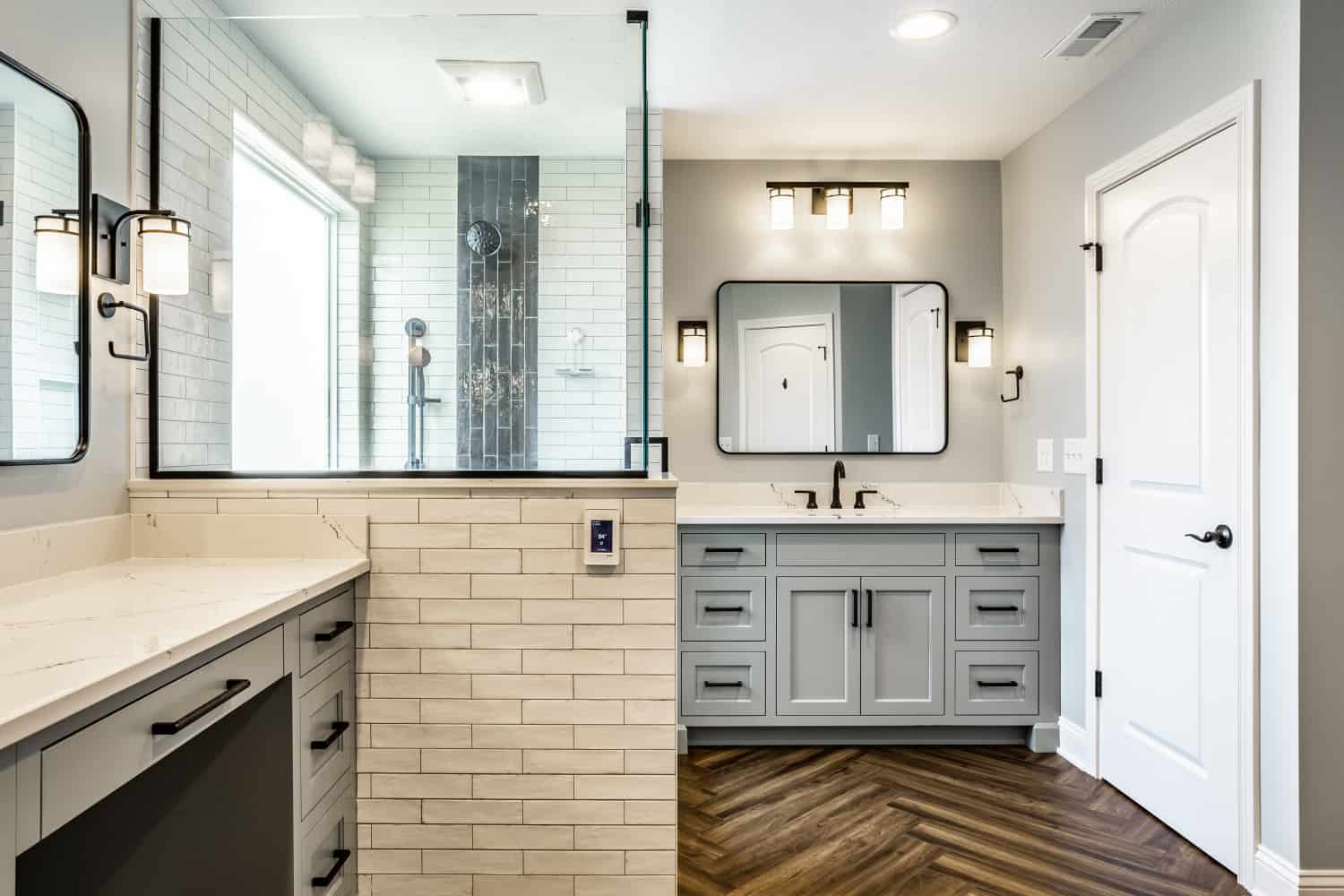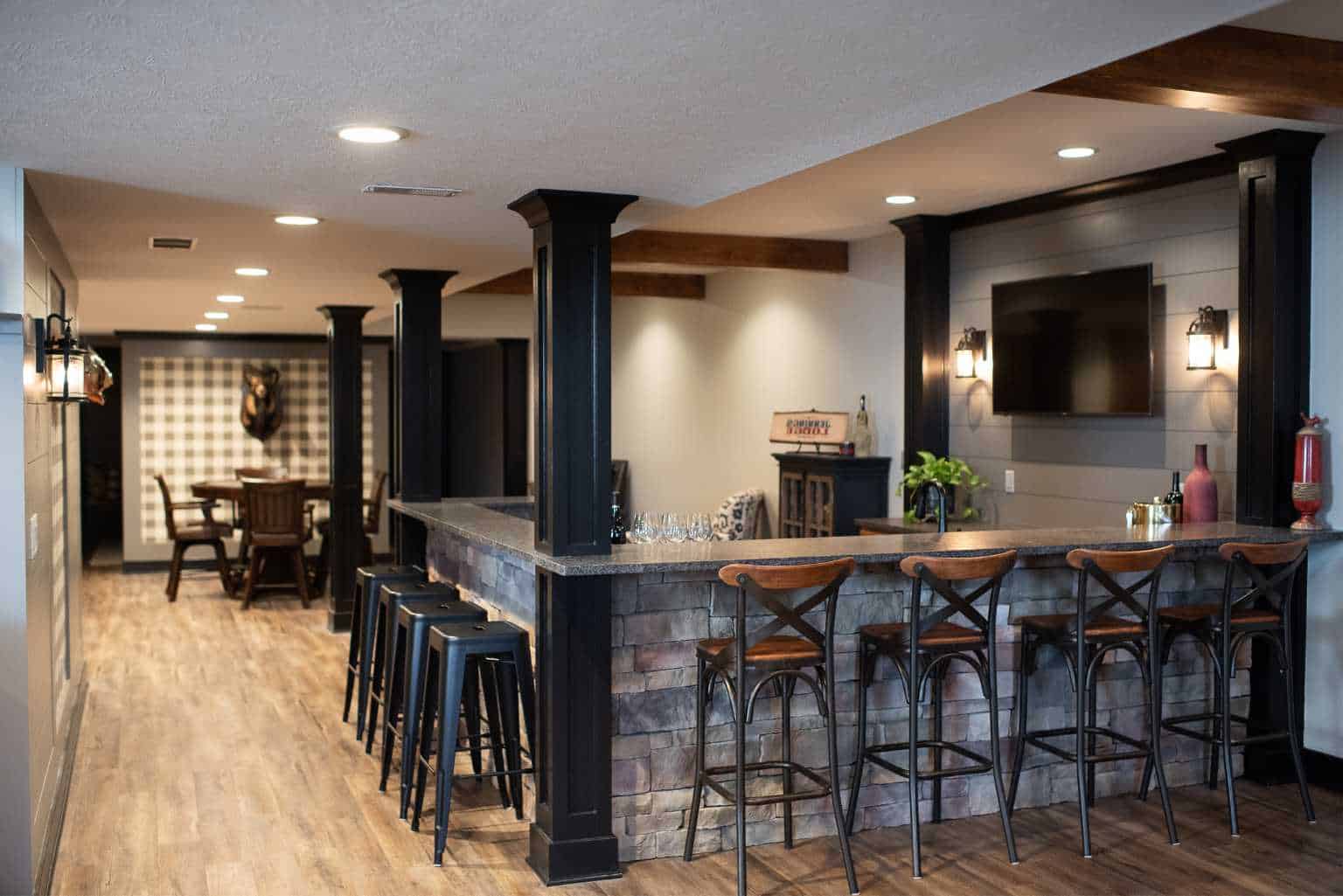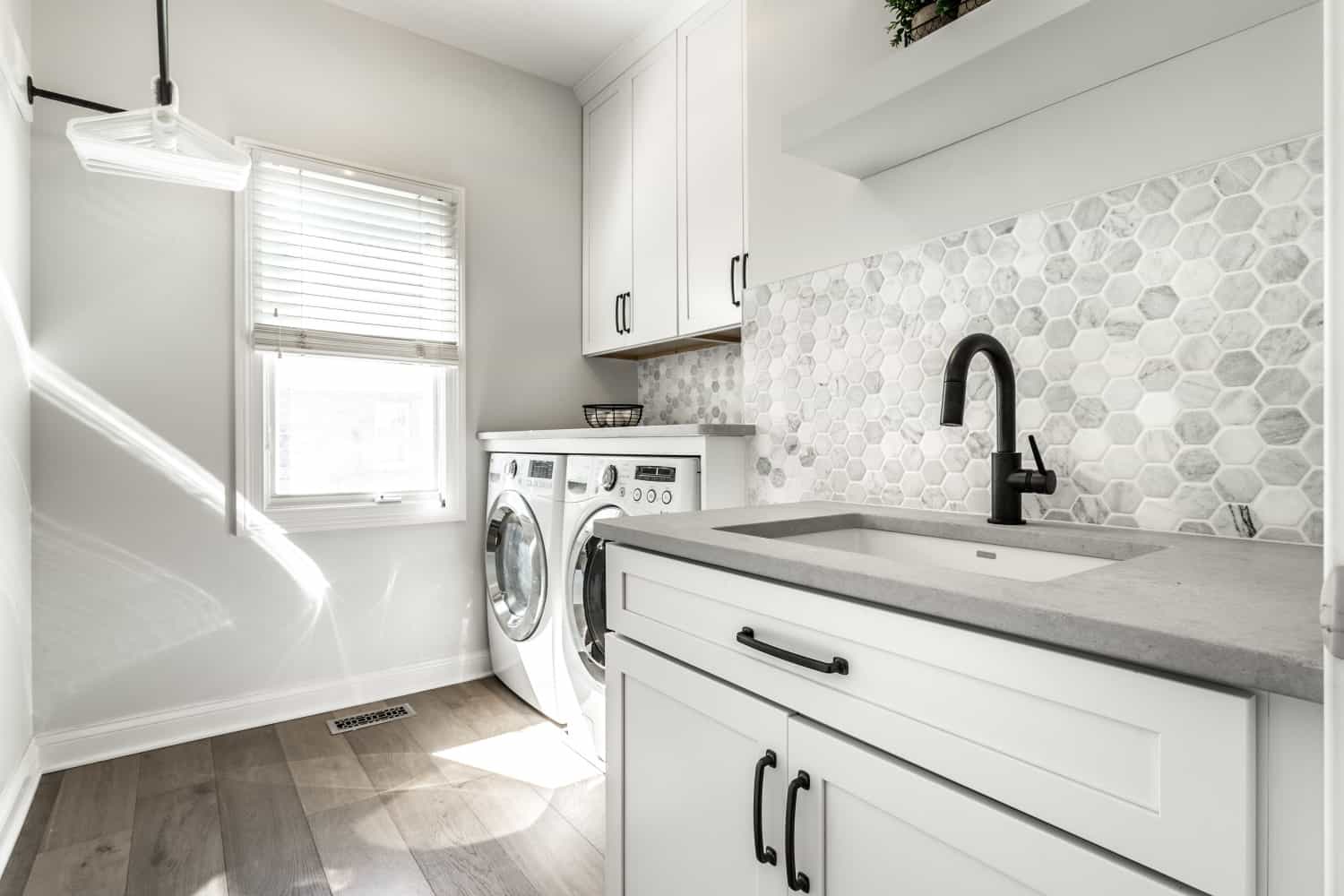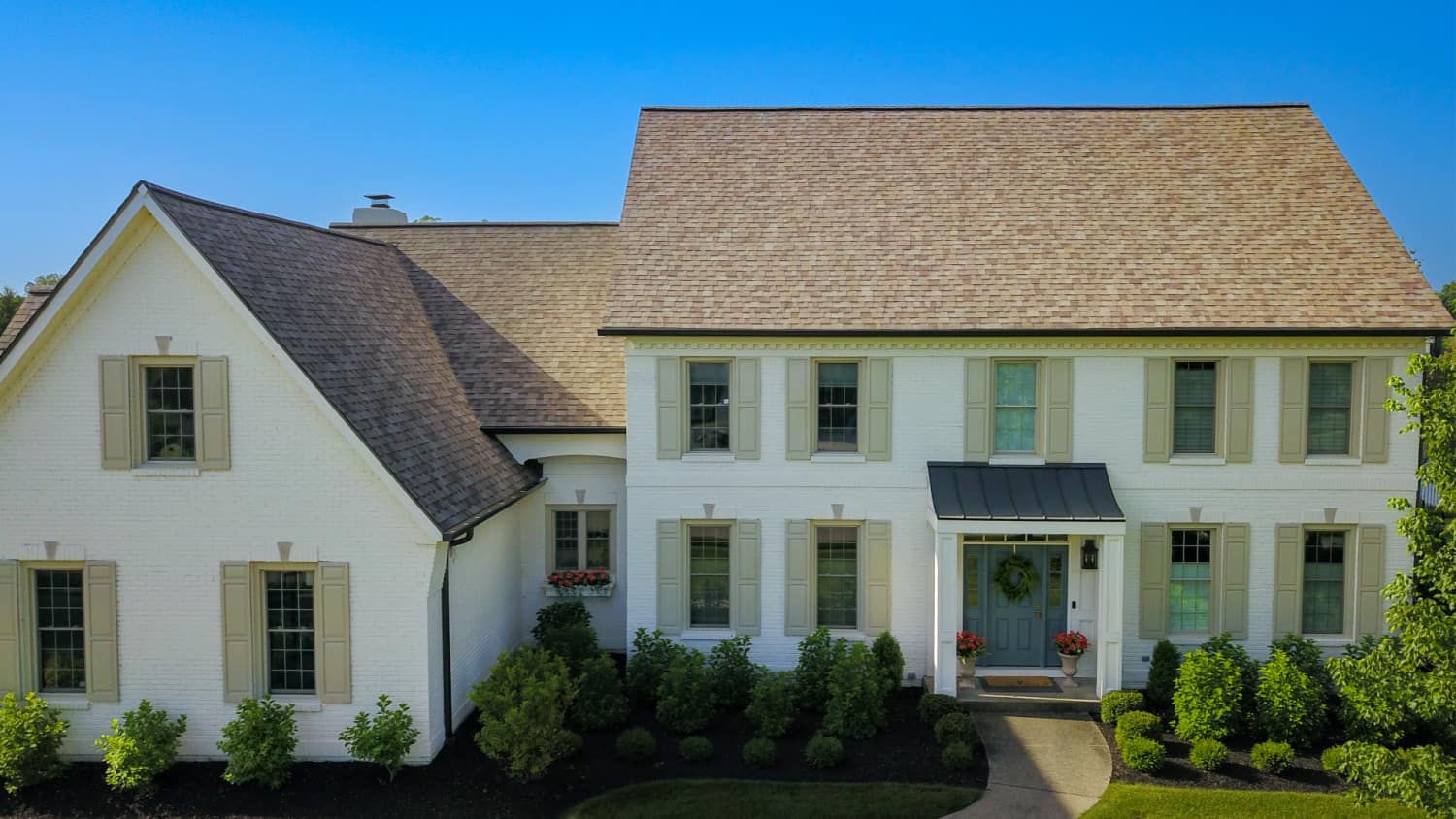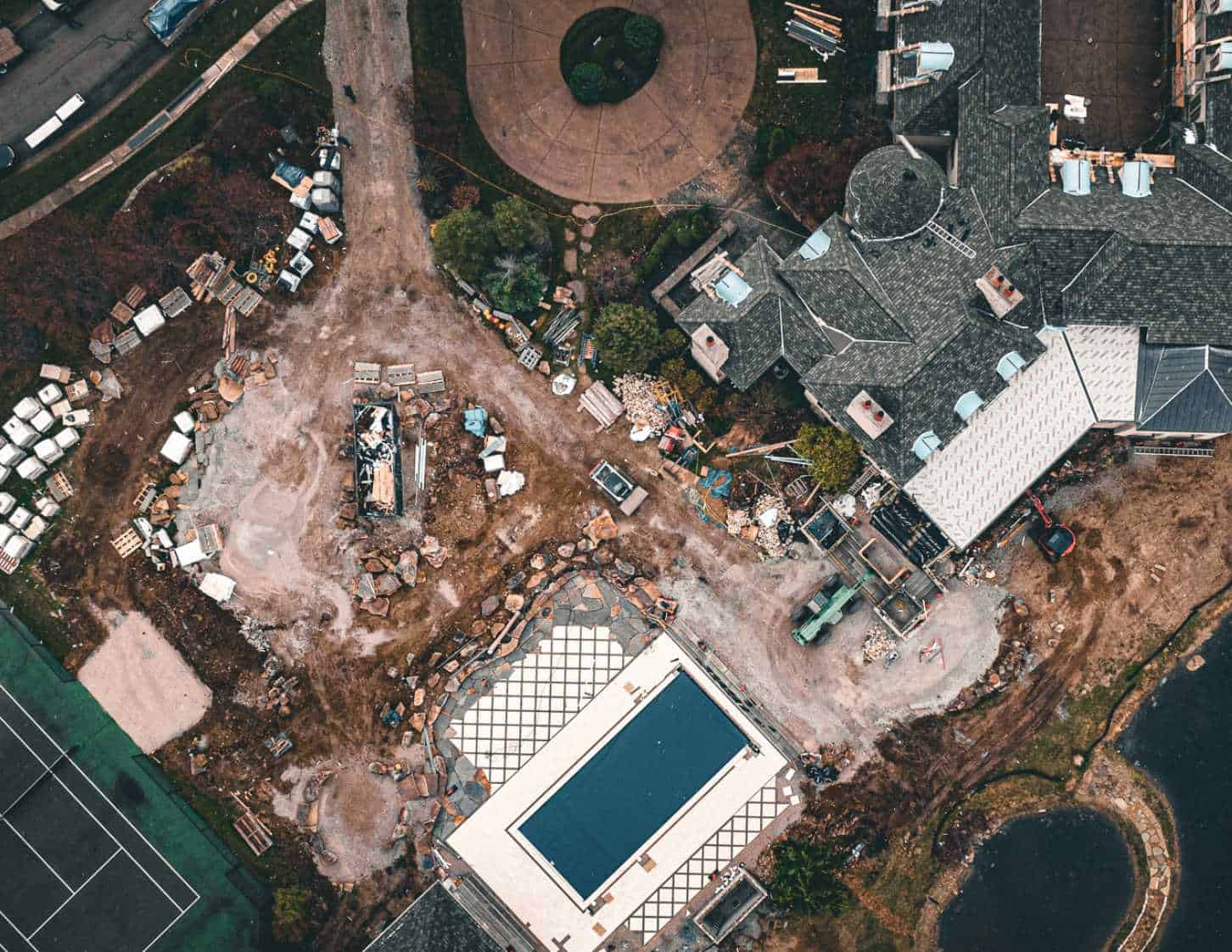Remodeling your home is an exciting endeavor that can significantly enhance your living space and add value to your property. However, without a well-thought-out plan, the process can quickly become overwhelming. This guide will walk you through permits for home renovation in Indiana and give you the essential steps to create a successful home remodeling plan, ensuring your project is organized, stays within budget, and meets your needs.
Permits for Home Renovation in Indiana
What Requires a Building Permit in Indiana?
In Indiana, a building permit is typically required for a wide range of construction and remodeling activities. These permits are designed to ensure that all work meets safety codes and regulations. Here’s a general overview of what usually requires a building permit in Indiana:
New Home Construction: Building a new home from the ground up requires a permit. This includes the entire structure, from the foundation to the roof.
Major Renovations: Significant changes to the structure of your home, such as adding new rooms, removing walls, or altering the roofline, generally require a permit.
Electrical Work: If you are installing new electrical wiring, upgrading your electrical panel, or making significant changes to your electrical system, you will need a permit.
Plumbing Work: Major plumbing changes, including adding new fixtures, relocating pipes, or installing a new water heater, typically require a permit.
HVAC Systems: Installing a new heating, ventilation, or air conditioning system or making significant changes to your existing system usually necessitates a permit.
Structural Changes: Any modifications that affect the structural integrity of your home, such as underpinning or reinforcing foundations, require a permit.
Commercial Construction: Building or renovating commercial properties also requires permits to ensure compliance with safety and accessibility standards.
Permits are essential for ensuring that your construction project meets local building codes and safety standards, which helps prevent future issues and maintains the value of your property.
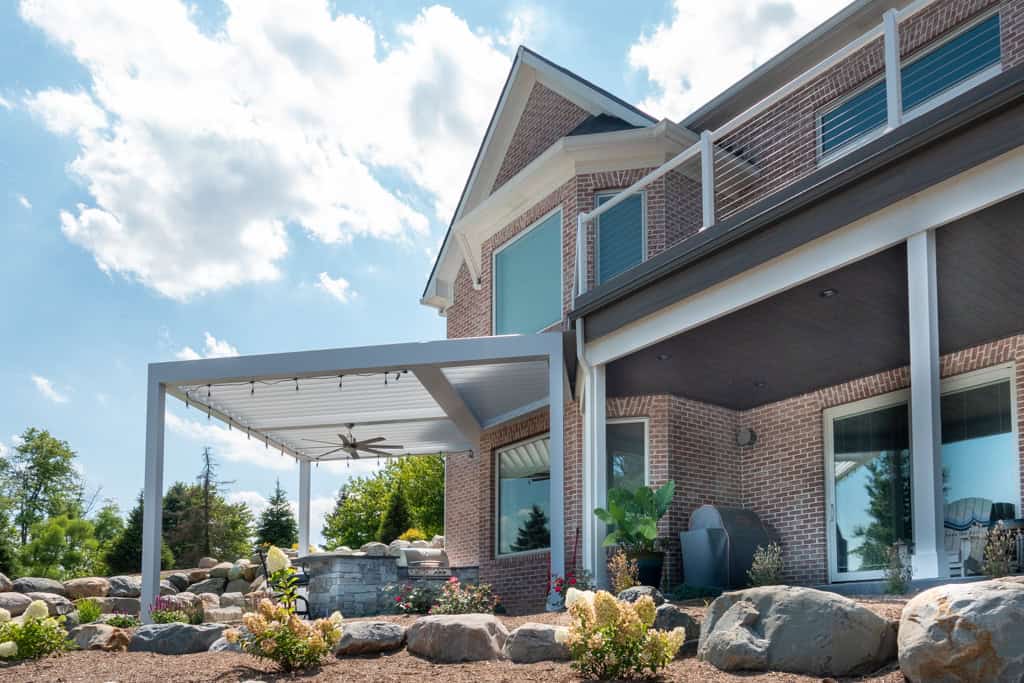
Who Issues Building Permits in Indiana?
In Indiana, a building permit is typically required for a wide range of construction and remodeling activities. These permits are designed to ensure that all work meets safety codes and regulations. Here’s a general overview of what usually requires a building permit in Indiana:
New Home Construction: Building a new home from the ground up requires a permit. This includes the entire structure, from the foundation to the roof.
Major Renovations: Significant changes to the structure of your home, such as adding new rooms, removing walls, or altering the roofline, generally require a permit.
Electrical Work: If you are installing new electrical wiring, upgrading your electrical panel, or making significant changes to your electrical system, you will need a permit.
Plumbing Work: Major plumbing changes, including adding new fixtures, relocating pipes, or installing a new water heater, typically require a permit.
HVAC Systems: Installing a new heating, ventilation, or air conditioning system or making significant changes to your existing system usually necessitates a permit.
Structural Changes: Any modifications that affect the structural integrity of your home, such as underpinning or reinforcing foundations, require a permit.
Commercial Construction: Building or renovating commercial properties also requires permits to ensure compliance with safety and accessibility standards.
Permits are essential for ensuring that your construction project meets local building codes and safety standards, which helps prevent future issues and maintains the value of your property.
What Can a Homeowner Do Without a Permit in Indiana?
While many construction activities require permits, there are some tasks that homeowners can typically undertake without needing a permit. However, this can vary based on local regulations, so it’s always a good idea to check with your local building department. Generally, homeowners can perform the following without a permit:
Minor Repairs: Small repairs that do not affect the structural integrity of the home, such as patching drywall or fixing a leaky faucet, usually do not require a permit.
Painting and Wallpapering: Interior painting and wallpapering are generally considered cosmetic changes and do not require a permit.
Replacing Fixtures: Swapping out light fixtures, faucets, or cabinet hardware usually does not necessitate a permit, as long as the work does not involve significant changes to the plumbing or electrical systems.Flooring: Installing new flooring, such as hardwood or carpet, typically does not require a permit.
Landscaping: Basic landscaping work, like planting flowers or shrubs, generally does not need a permit unless it involves major changes to the grading or drainage of the property.
Deck Maintenance: Simple maintenance or minor repairs to an existing deck may not require a permit, but building a new deck often does.
It’s essential to confirm these exemptions with your local building department to ensure compliance with any specific local regulations.
What Happens if You Don’t Get a Building Permit in Indiana?
Yes, in Indiana, a homeowner can pull a building permit for their own property. However, there are certain conditions and responsibilities associated with doing so:
Permit Application: Homeowners must complete and submit a permit application to their local building department. This usually involves providing detailed plans of the project and paying the required fees.
Compliance: Homeowners are responsible for ensuring that their project complies with local building codes and regulations. This may require scheduling inspections and making necessary adjustments based on inspector feedback.
Knowledge and Skills: While homeowners can pull permits, they must have a basic understanding of construction practices and codes. For complex projects, it may be beneficial to hire a licensed contractor who is familiar with the regulations.
Inspection Requirements: Even if a homeowner pulls the permit, inspections may still be required to ensure the work meets safety and building standards.
Homeowners who choose to handle permitting themselves should be prepared to manage all aspects of the process, from application to final inspections.
Can a Homeowner Pull Permits for Home Renovation in Indiana?
Yes, in Indiana, a homeowner can pull a building permit for their own property. However, there are certain conditions and responsibilities associated with doing so:
-
Permit Application: Homeowners must complete and submit a permit application to their local building department. This usually involves providing detailed plans of the project and paying the required fees.
-
Compliance: Homeowners are responsible for ensuring that their project complies with local building codes and regulations. This may require scheduling inspections and making necessary adjustments based on inspector feedback.
-
Knowledge and Skills: While homeowners can pull permits, they must have a basic understanding of construction practices and codes. For complex projects, it may be beneficial to hire a licensed contractor who is familiar with the regulations.
-
Inspection Requirements: Even if a homeowner pulls the permit, inspections may still be required to ensure the work meets safety and building standards.
Homeowners who choose to handle permitting themselves should be prepared to manage all aspects of the process, from application to final inspections.
Do You Need a Permit to Build a Deck in Indiana?
Yes, in Indiana, building a new deck generally requires a permit. This is because decks can affect the structural integrity of your home and must comply with local building codes to ensure safety. The permit process typically involves:
-
Submitting Plans: You will need to provide detailed plans of the deck, including its dimensions, materials, and any connections to the existing structure.
-
Paying Fees: There will be fees associated with the permit application, which vary depending on the size and scope of the deck.
-
Inspections: After obtaining the permit, you will need to schedule inspections during and after construction to ensure that the deck meets all safety and code requirements.
Obtaining a permit for a deck helps ensure that the structure is safe, stable, and compliant with local regulations. If you’d like more ways to enhance your home’s value, check out this post: here.
How Big of a Shed Can I Build Without a Permit in Indiana?
The size of a shed you can build without a permit in Indiana varies by location and local regulations. Generally, smaller sheds may be exempt from permitting requirements, but this can differ between cities and counties. Common thresholds for permit exemptions might include:
-
Size Limits: Many jurisdictions allow sheds up to a certain size (e.g., 120 square feet or 200 square feet) to be built without a permit.
-
Height Restrictions: Some areas have height limitations for unpermitted sheds.
-
Property Setbacks: Even if a shed is small enough to not require a permit, it must still comply with property setback requirements, which dictate how far the shed must be from property lines and other structures.
To determine the specific size limits and regulations for your area, check with your local building department or zoning office and for tips on how to build it here.
Do You Need a Permit to Build a Fence in Indiana?
In Indiana, whether you need a permit to build a fence depends on the height, location, and type of fence. Generally:
-
Height Restrictions: Many local jurisdictions require a permit for fences that exceed a certain height, such as 6 feet.
-
Location: Fences that are built near property lines or in certain zones may require a permit to ensure they comply with setback regulations and do not obstruct sight lines.
-
Type of Fence: Different types of fences, such as those made of wood, vinyl, or chain-link, may have different permit requirements.
It’s important to contact your local building department to determine the specific regulations for fence construction in your area. They can provide guidance on the need for a permit, application process, and any additional requirements.
Navigating the permitting process can seem daunting, but understanding what requires a permit, who issues them, and the consequences of non-compliance can help ensure a smooth construction project. Always check with your local building department for the most accurate and up-to-date information specific to your location in Indiana. This will not only keep your project within legal bounds but also help you avoid potential issues down the line.

